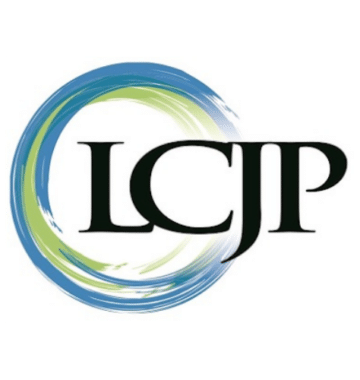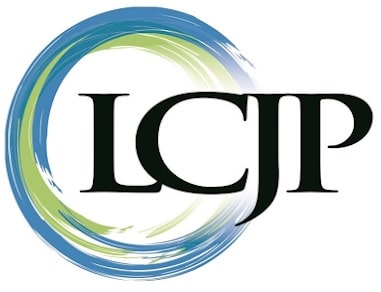


Thursday, July 30th, 2020
As we navigate historic change and upheaval – the COVID-19 pandemic plus a widespread mandate for social justice – nonprofits and community organizations are increasingly prioritizing diversity and promoting equity.
Among them, the Longmont Community Justice Partnership (LCJP) is ahead of its time: since 1994, LCJP has developed and successfully implemented numerous restorative justice interventions.
“Our mission is to build community through collaborative and inclusive restorative practices, giving people the opportunity to heal and create justice in their communities and beyond,” says LCJP Executive Director Kathleen McGoey. “When a crime or conflict occurs, we ask ‘what happened?,’ ‘who’s been affected, and how?,’ and ‘what can be done to heal the harm and make things right?’”
The LCJP website further describes the difference between restorative justice and much more common retributive justice: for example, the goal of restorative justice is to restore all parties to harmony in a cooperative approach based on dialogue and consensus; whereas retributive justice issues punishment and equivalent retribution in an adversarial approach based on debate and opposition.
Continues Kathleen, citing a CU Boulder study, “Police officers tell us they realize that – in so many cases – a warning or a punitive response won’t change behavior or reduce recidivism, or lead to improved community safety.”
That’s why LCJP has garnered national and international attention for three exceptional programmatic features: receiving direct referrals from law enforcement, serving both youth and adults for all levels of charges, and relying predominantly on trained volunteers. But LCJP wants to take its work to the next level.
“We’re in a really interesting position where we’re working alongside city government and city institutions,” concludes Kathleen. “But over the years, steady, sustained funding has been a challenge for us. Working with SVP, one of my goals is to diversify LCJP funding streams.
“I’d reached a stuck point, where I’d done what I could do on my own. I don’t have enough expertise or bandwidth in these areas – from fundraising to board development, governance, succession planning, and getting clear on roles and responsibilities. In a way, LCJP had plateaued.
“To that end, working with SVP is transformative, really helping us to scale and make the most of our resources and assets. We hold the promise and potential of not only affecting systems change locally, but also serving as a national model. Restorative justice employs tools and skills that anyone can use – whether in resolving criminal or lesser conflicts.
“In a word, SVP is helping us to mature.”
SVP Partners, stay tuned: Kathleen McGoey will lead an upcoming talk to inform Partners about LCJP’s restorative justice work, including how to effectively apply restorative justice practices – like strong communications skills and conflict resolution techniques – in family, group, and workplace settings. Details forthcoming.
Learn more:
How to Love Your Enemy: A Restorative Justice Story (video)
This Free the People original documentary film was the winner of Best Feature and Best Director at the Front Range Film Festival and has been selected at numerous other film festivals across the country, now postponed due to COVID-19. “How To Love Your Enemy” is an emotionally compelling story about real people working to make things right, and a tutorial for other communities looking to restore faith in their justice systems and law enforcement.
Related reading:
SVP invests multi-year, pro bono Catapult consulting and supporting cash grants in three to five Boulder County nonprofits annually. The Longmont Community Justice Partnership has been a Catapult investee since Spring 2019.